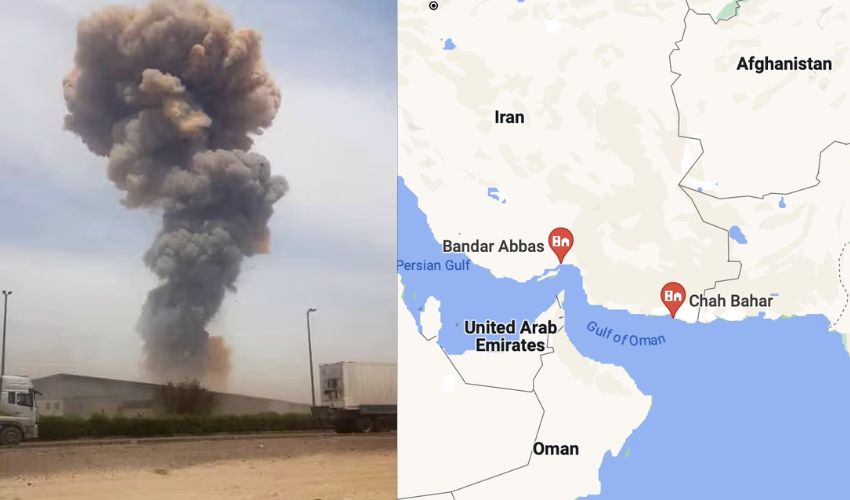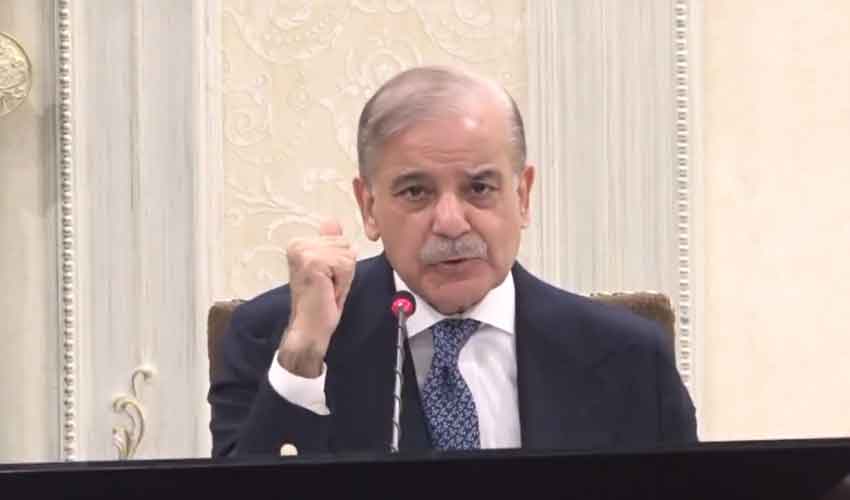Nepali cricket sensation Sandeep Lamichhane was convicted of rape on Friday after a protracted trial that allowed him to continue his sporting career.
Once a symbol of the rise of cricket in Nepal, the 23-year-old leg spinner faced accusations last year of raping a 17-year-old girl in a Kathmandu hotel. Despite being granted bail in January, Lamichhane continued to play in international tournaments.
His lawyer, Saroj Ghimire, confirmed the conviction, stating that the sentencing would be decided in the next hearing. District court official Ramu Sharma affirmed the verdict, noting that the event was non-consensual.
Initially failing to return from Jamaica, where he participated in the Caribbean Premier League, Lamichhane was dismissed as the national captain and arrested. However, Nepal lifted his playing ban upon his release on bail, allowing him to compete in the national team, including the World Cup qualifiers and the Asia Cup in September.
Despite the allegations, Lamichhane maintained his innocence and garnered significant public support. His continued playing career, however, sparked controversy and led some Nepalis to disassociate from the team. During an international tournament in Dubai, Scotland's cricketers refused to shake hands with him.
The case against Lamichhane faced numerous delays, taking over a year to conclude. Cricket, though not as revered in Nepal as in other South Asian countries, has been gaining popularity, with Nepal receiving one-day international status in 2018.
Lamichhane played a crucial role in Nepal's cricket rise, becoming the most sought-after Nepali cricketer in lucrative leagues worldwide. He gained prominence in the Indian Premier League in 2018.
The conviction comes amid a concerning number of reported rape cases in Nepal, with rights workers suggesting that many incidents go unreported. The #MeToo movement in Nepal had a limited impact, with few repercussions for those accused. Lamichhane's case adds to the broader conversation about addressing sexual assault and promoting accountability in the country.



























